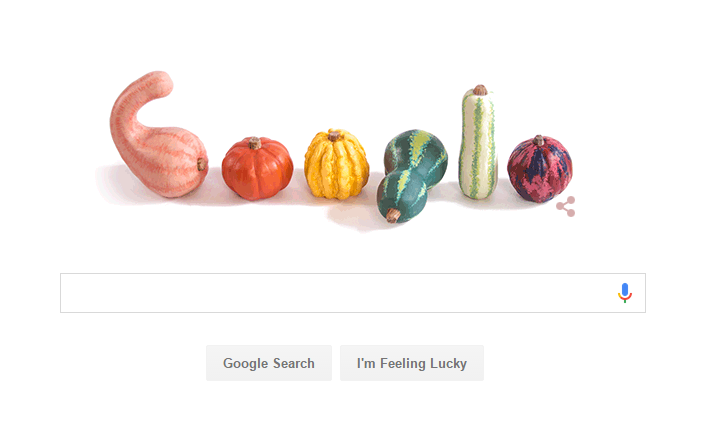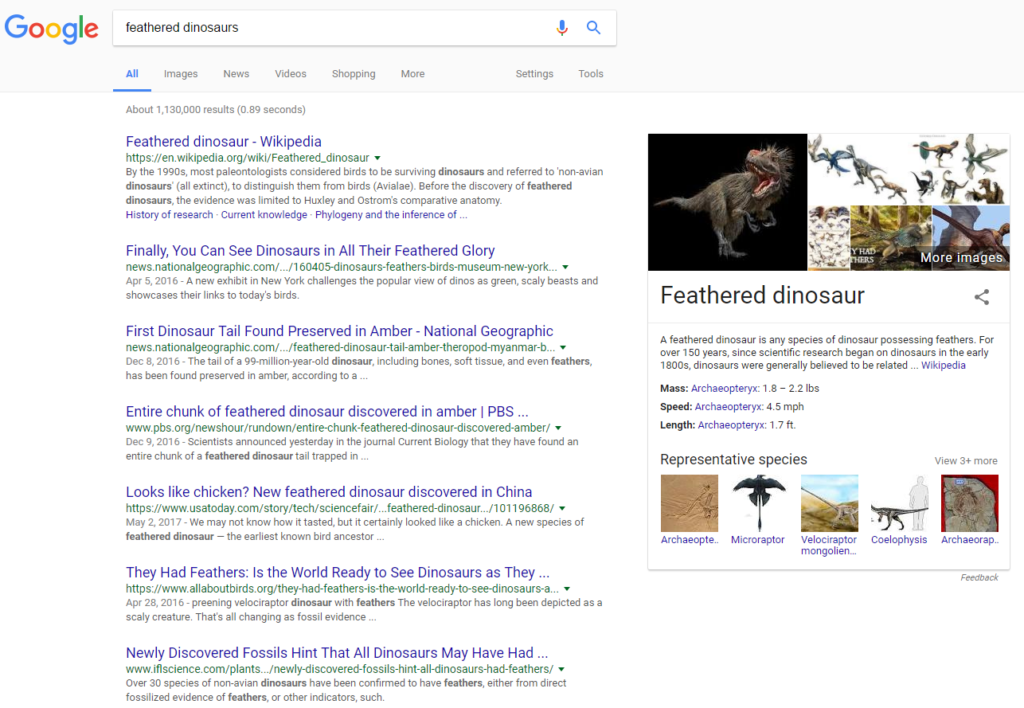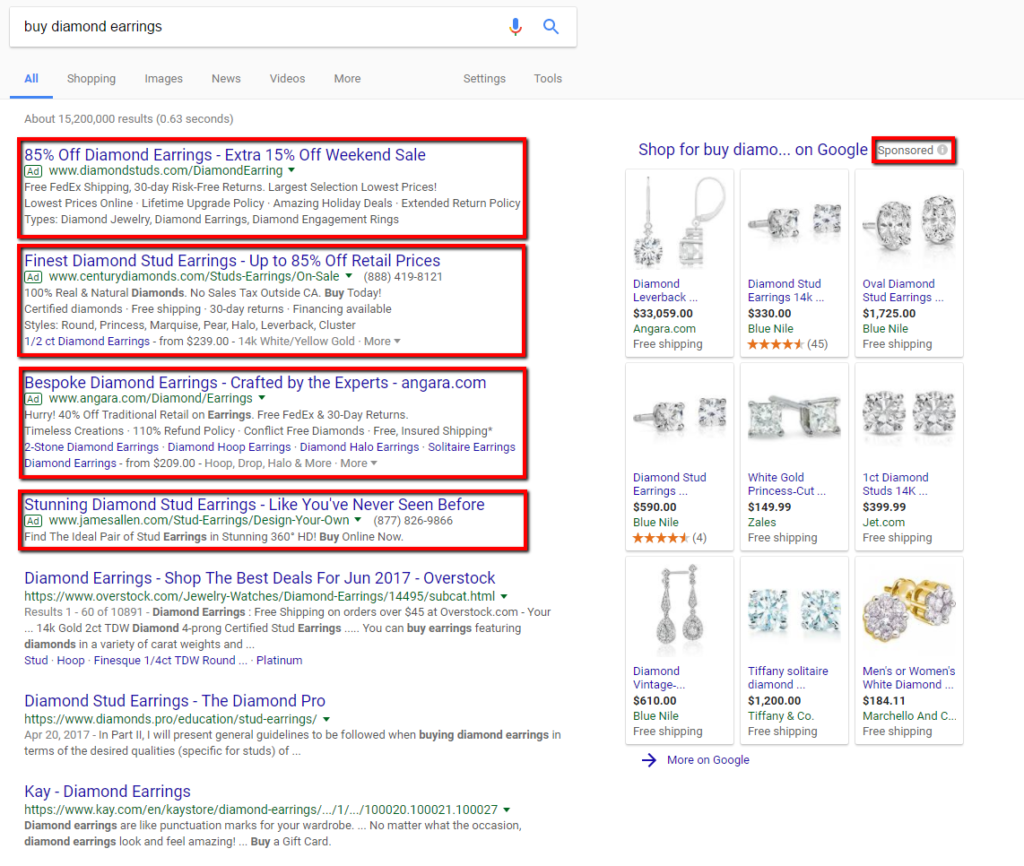Search Engine Optimization (SEO) and Pay-Per-Click advertising (PPC) are the two primary vehicles of online marketing. SEO is organic marketing, and includes social media. PPC is technically one type of online advertising, but the term is commonly used to describe any type of online advertising, including cost per thousand impressions (CPM). Most people identify PPC with Google AdWords.
Search Engine Optimization
SEO is one of the most popular buzz words on the Internet today. Search engine optimization is all about making your website easy for search engines like Google to categorize and rank. If Google can understand what your website is about, it is able to rank it properly in the result pages (SERPs: search engine result pages).
Google’s aim is to keep people coming back to it; Google wants to ensure that users love Google. To that end, it wants to help users find what they’re looking for. It does this by finding the best answers to its users’ queries (what people type into the Google search box).
How does Google know what the best answer to a search is?
Google uses an algorithm to rank websites according to two things: 1) Relevance, and 2) Popularity. If your website is highly relevant to a user’s query, and is also popular with other users, Google will rank your website close to the top of its results.
Google does a really good job of ranking websites, which is why so many people use it. Want an effective SEO campaign? Work with Google to deliver interesting content to your target audience. Use Google as a tool, play by its rules, and you’ll see your rankings climb higher.
A word of caution: The focus of your SEO campaign should be on users, not high rankings in Google. Rankings should be monitored but not obsessed over; spend your time and energy to create really interesting content that people enjoy consuming (videos, articles, infographics).
What is involved in an SEO Campaign?
SEO involves an array of technical and creative activities, including:
- The creation of rich content in the form of articles, videos, podcasts, and even press releases. The key here is “rich” content. It must be content that people will seek out, bookmark, and share. Quality is very important, as is quantity and consistency.
- Placing links on appropriate websites, often called “creating backlinks,” is an effective way to generate exposure. Placing quality links takes time, but one link in the right place could bring thousands of people to your website and greatly help rankings.
- Onsite optimizations are vital to SEO strategy. Onsite optimizations include, but are not limited to crawlability, title tags, headings, keywords, internal links, and schema markup.
- Social media can be effectively used to push content and communicate with customers. Social media offers transparency for organizations who embrace it, which consumers react positively to. Interacting with and being attentive to your audience is an effective way to stay in front of them, while building trust and passion for your organization.
Get a Free SEO Audit
Want an SEO expert to audit your website? Curious if you’re using the correct SEO techniques? We’ll give you a complementary audit for free!
Pay Per Click Advertising
PPC is a valid way to bring targeted users to your website, and the results can be impressive. When people think of PPC, they often think of Google AdWords. While AdWords is one of the more popular options for PPC advertisers, there are many other advertising platforms available, including Yahoo, Bing, Facebook, YouTube, and large display advertising platforms.
Ads on Google are shown with the organic results, with two distinctions: 1) Text ads appear above or below the organic listings and shopping ads will appear on the right side of the page; and 2) They are marked with a graphic to distinguish them as ads.
If managed properly, a PPC campaign can reap great rewards. The strategy for an advertising campaign is usually based on budget and target audience.
What is involved in an PPC Campaign?
PPC involves many activities, including:
- Understanding the advertising platform. Before investing, ensure the manager of the account has complete, tested knowledge of the platform.
- Researching appropriate keywords and phrases is vital to healthy PPC campaign. This also involves crafting relevant ad text and landing page content. Your ads must relate to the page a user is sent to once she clicks on your ad. If it doesn’t, your ads will suffer.
- Researching target audience demographics and applying that data to the PPC
campaign ensures the ads focus on the correct market. Thorough research into target audiences establishes a solid foundation for any PPC campaign. - Proper management of advertising dollars includes consistent account check-ins, updates, tweaks, and of course, more research. Management means someone is involved in the life of the campaign to keep it at top performance.
Get a Free PPC Audit
Unsure if your PPC campaign is on track? Want to gauge the effectiveness of your campaign against similar campaigns? We’ll audit your PPC campaign at no cost! Just click the button below:
Recommendation
So, in conclusion, when it comes to SEO vs PPC which do you choose?
The answer is that PPC and SEO work well together – there is no need to choose only one or the other. PPC can supplement a burgeoning SEO campaign, and even increase effectiveness by supplying additional data and insights.
While PPC brings in relevant traffic, an SEO campaign works to build a long-lasting presence in the organic listings that will remain even after the advertising campaign ends.
PPC and SEO are both excellent tactics to increase targeted traffic to your website. The real trick is finding the most effective balance between the two in regards to your campaign goals.
Thanks for reading!




